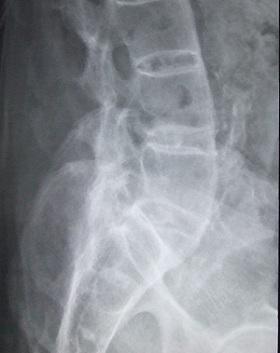Using AI to control energy for indoor agriculture
30 September 2024
Published online 11 June 2013

Ankylosing Spondylitis (AS) is a painful inflammatory disease that causes bones in the spine and pelvis to grow abnormally, fusing joints and stiffening movement. Previous research has shown a strong link with this inheritable condition to the allele HLA-B *27 and several other gene loci in European and Chinese ancestries.
An international team of researchers, including Jaakko Tuomilehto from the King Abdulaziz University, Jeddah, have now identified 13 gene loci also associated with a risk for AS disease, doubling the number of loci known to be involved in the disease.
To do that, they combed known immune-related sections of the genomes of 25,764 participants of European, East Asian and Latin American ancestry, identifying single nucleotide polymorphisms (SNPs) associated with risk of or protection from the disease and publishing their work in Nature Genetics1.
Many of the disease-associated SNPs turned up in loci in or near genes that code for elements in peptide processing and signalling involved in known immune and inflammatory pathways in the body. These findings provide important clues to solving how HLA-B27 is involved in AS, and suggests that disordered handling and presentation of antigenic peptides drives the inflammatory process in AS.
The researchers also identified a SNP, rs116488202, that can replace HLA-B *27 typing in both Asian and European populations, providing an efficient means of screening people with back pain for AS risk.
Although current interventions help relieve some of the symptoms of AS, treatments to slow progression or induce full remission remain the goal.
doi:10.1038/nmiddleeast.2013.86
Stay connected: